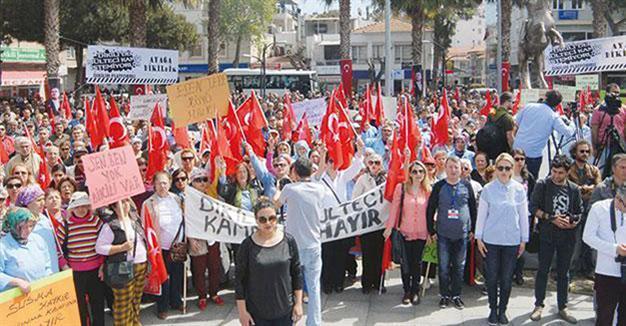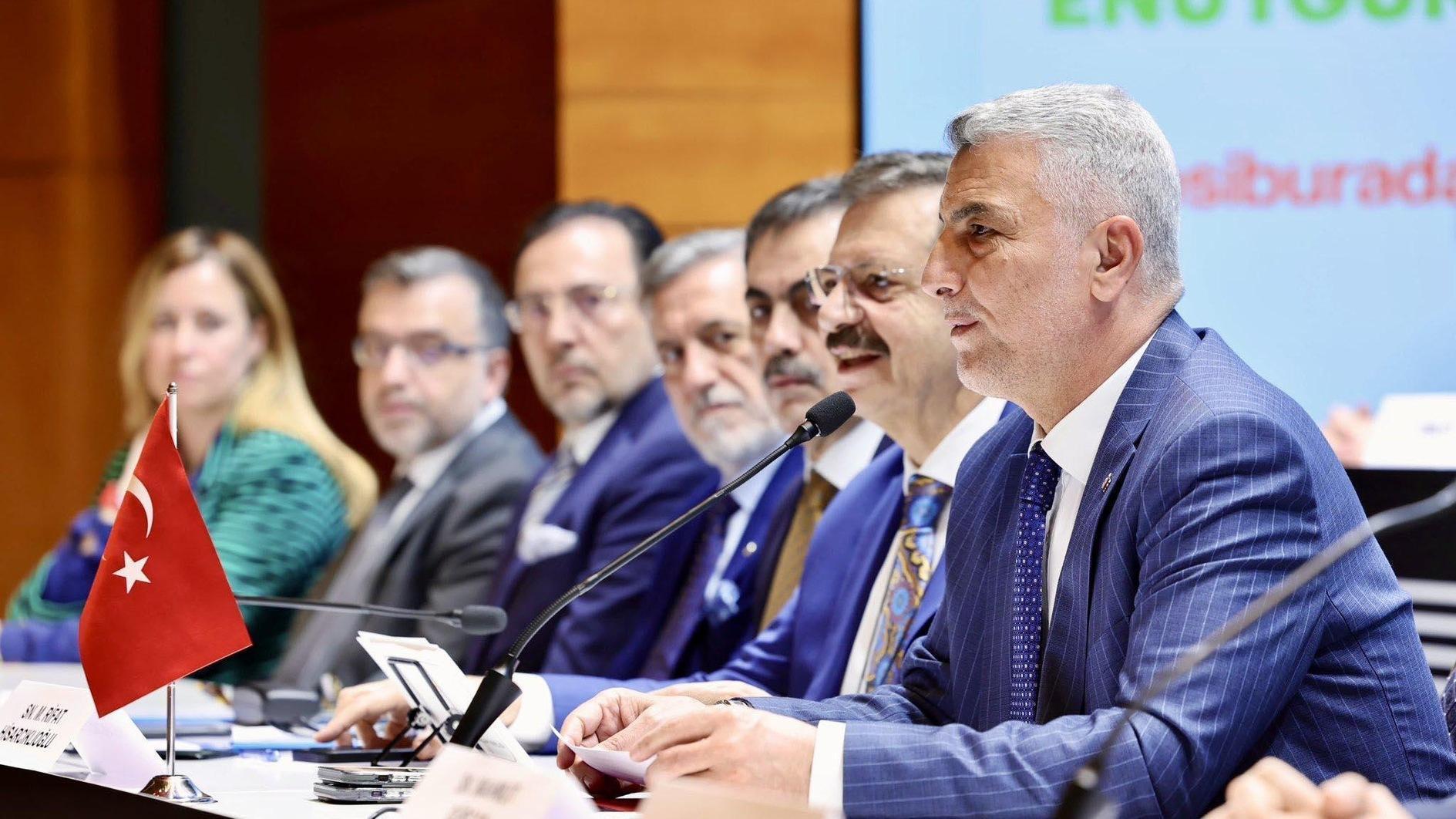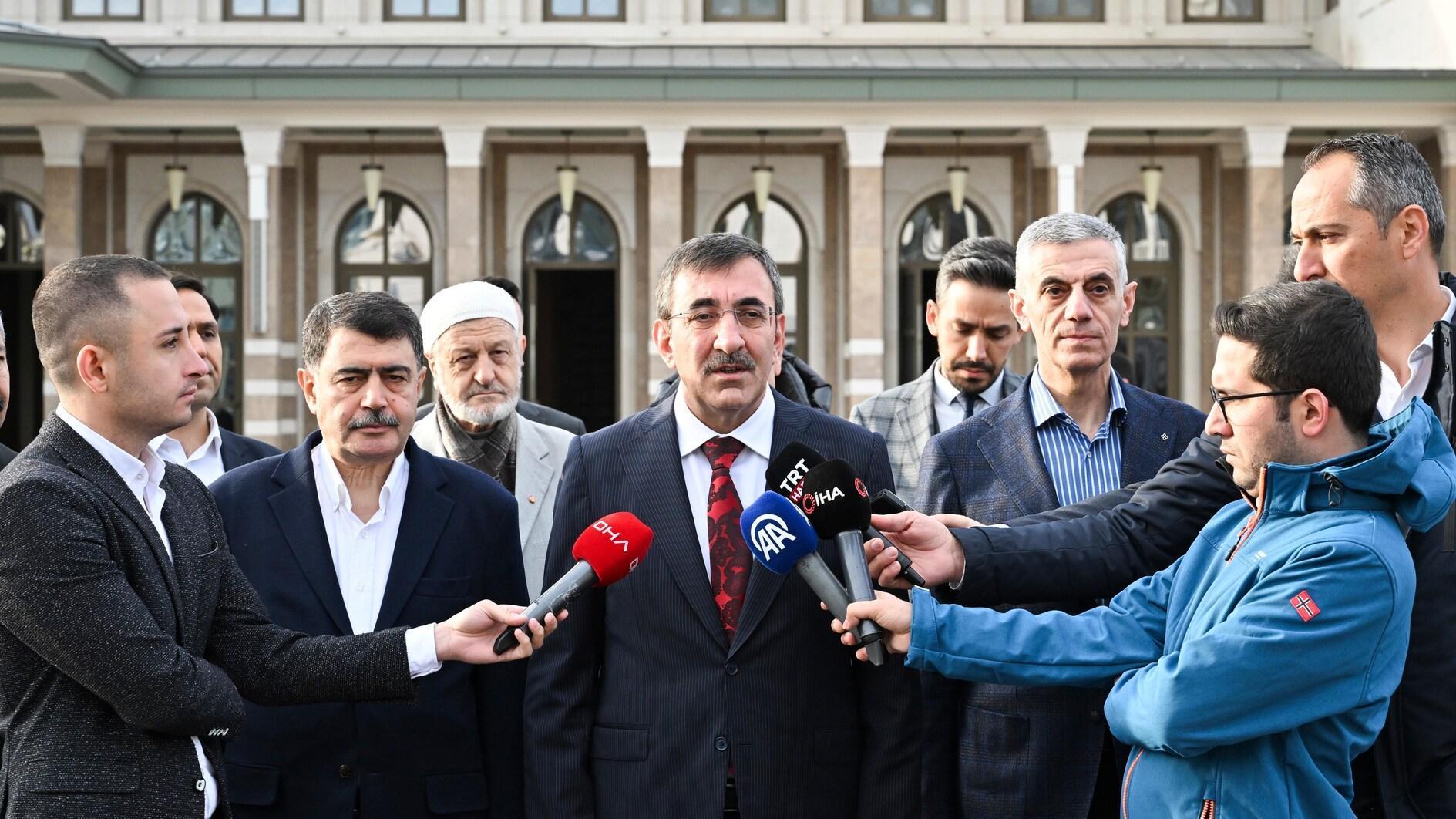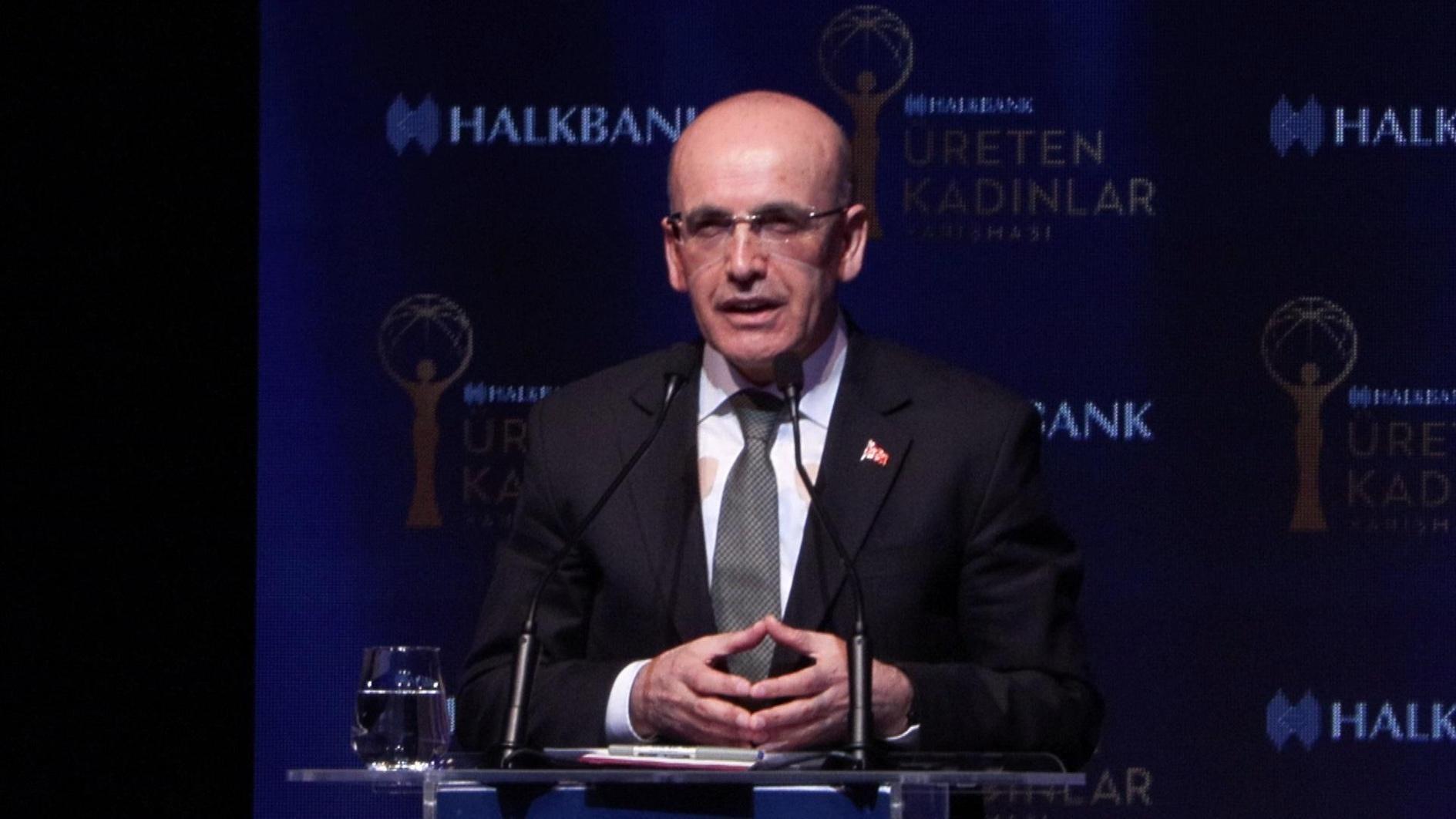Turkey, Europe to swap first groups of migrants
Emine Kart - ANKARA
 Germany will take the first Syrian refugees subject to an EU-Turkey pact on April 4, with its ambassador noting that the small group’s “resettlement” will serve as a “test” to determine deficiencies in the EU-Turkey readmission deal reached this month, as Greece readies to send its first batch of migrants to Turkey.
Germany will take the first Syrian refugees subject to an EU-Turkey pact on April 4, with its ambassador noting that the small group’s “resettlement” will serve as a “test” to determine deficiencies in the EU-Turkey readmission deal reached this month, as Greece readies to send its first batch of migrants to Turkey. “A group of 40 persons will be sent from Istanbul to Hannover on April 4,” German Ambassador to Turkey Martin Erdmann told a group of reporters on April 1.
“This is a small group but it will serve as a test for being able to see problems in implementation along with officials from the IOM [the International Organization for Migration] and UNHCR [the Office of the United Nations High Commissioner for Refugees],” the German ambassador said.
Erdmann also said two other EU member countries, the Netherlands and Finland, have also been preparing to soon welcome groups of Syrian refugees.
Turkish Interior Minister Efkan Ala said April 3 that Turkey was prepared to take in up to 500 migrants from Greece on April 4.
“We have prepared for 500 people to come on Monday [April 4]. We are making our plans and putting in place our capacities,” Ala was quoted as saying by state-run Anadolu Agency on April 3.
“We have been in touch with the Greek authorities and said we could take 500 people and they gave us 400 names. Tomorrow it’s possible that this figure could change,” he added.
On April 1, the Greek parliament passed an asylum amendment bill needed to implement the agreement. The legislation does not explicitly designate Turkey as a “safe third country” – a formula to make any mass returns legally sound.
Erdmann did not elaborate on how the 40 Syrians were selected or on the number of Syrian refugees that would be sent to the Netherlands and Finland.
“The Delegation of the European Union to Turkey will establish a coordination mechanism next week,” the ambassador, nonetheless, noted.
Speaking in Berlin on April 1, German Interior Ministry Spokesperson Tobias Plate said most of the arrivals expected would be families with children, putting the number in the “double-digit range.”
Under the scheme agreed with the EU last month, one Syrian refugee will be settled in Europe legally in return for every migrant taken back by Turkey from Greece.
Under the EU pact, all irregular migrants who have landed on the Greek islands since March 20 will be sent back to Turkey – although the deal calls for each case to be examined individually.
Athens has struggled to manage the influx, while hundreds of migrants have drowned crossing the Aegean from Turkey to the Greek islands.
Over 51,000 refugees and migrants seeking to reach northern Europe are already stuck in Greece, after Balkan states sealed their borders.
The plan to send back migrants from Greece to Turkey sparked demonstrations by local residents in both countries on April 2, two days before the deal brokered by the European Union is set to be implemented.
In the coastal Turkish town of Dikili, hundreds demonstrated against the prospect of hosting people expelled from the nearby Greek islands, especially Chios and Lesbos, where there were over 5,000 migrants on the morning of April 2.
At the same time, migrants stranded at a makeshift camp in the small town of Idomeni on Greece’s border with Macedonia staged a protest demanding that the border be opened and that they be allowed to continue their journeys to central and northern Europe.
The migrants’ continued presence led several dozen local Greek residents to stage a protest April 2. They blocked a road for about an hour to demand the evacuation of more than 11,000 stranded migrants to “transit centers” across the Greek mainland.
















